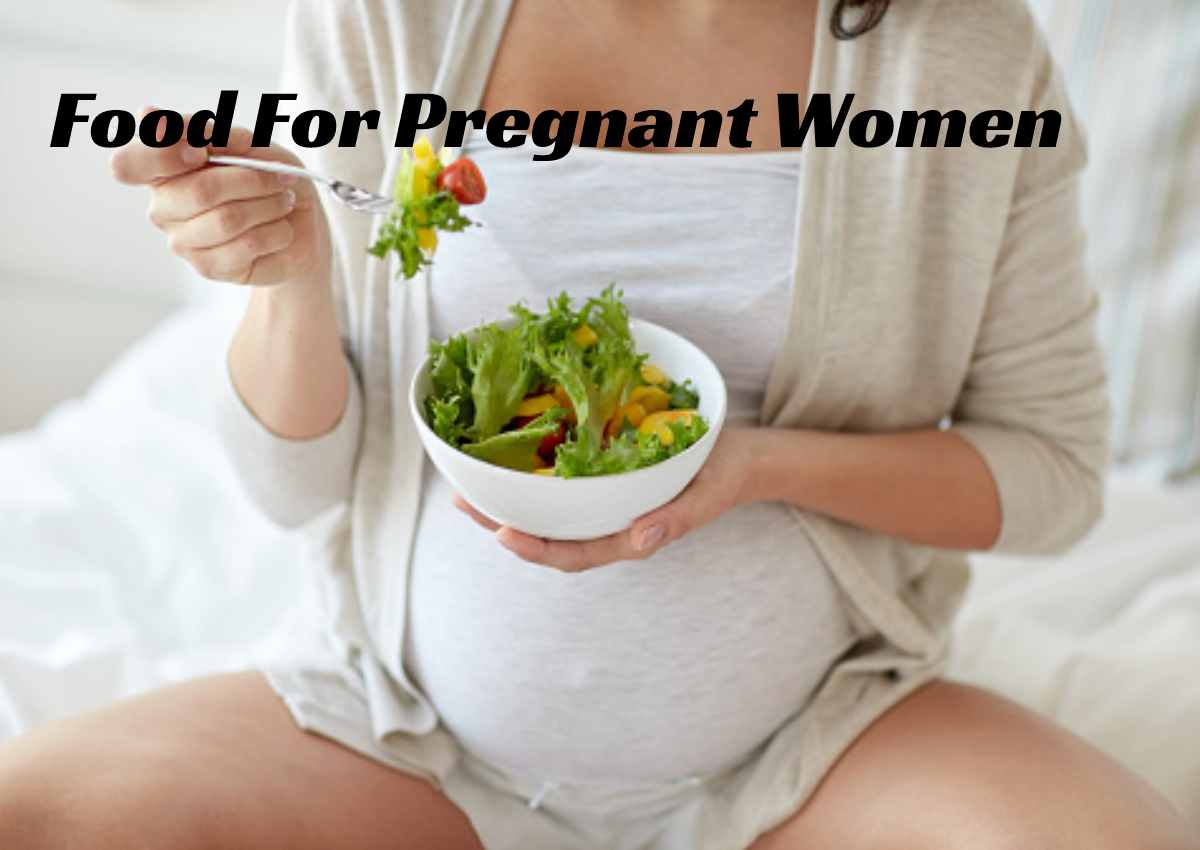Table of Contents
Foods to Eat When Pregnant
Food For Pregnant Women
- Dairy products
- legumes
- Sweet potatoes
- Salmon
- Eggs
- green leafy vegetables
- Lean meat
- berries
- whole grains
- avocados
- Dried fruit
- fish liver oil
- Water
- Put off
Also read: https://www.smarthealthweb.com/delicious-healthy-food/
Pregnant? Starving
Are you looking for a snack to make your stomach and baby happy? You may fasten it often: Eating nutritious food during pregnancy is dynamic. We’re here to turn your pantry into a one-stop shop for healthy, delightful foods that will give your baby the best start. When making your healthy eating plan, you’ll want to pay attention to whole foods that give you higher amounts of the good things you’d need when you’re not pregnant, such as:
- protein
- vitamins and minerals
- types of healthy fats
- complex carbohydrates
- fiber and fluids
Here are five super nutritious foods to eat when you’re pregnant to help make sure you’re hitting those nutritional goals.
1. Dairy Goods
During pregnancy, you must eat extra protein and calcium to meet the wants of your growing little one—dairy products such as milk. Cheese and yogurt must be on the record. Dairy goods comprise two types of high-quality protein: casein and whey. Dairy is the most satisfactory dietary basis of calcium and provides high amounts of P, B vitamins, magnesium, and zinc. Yogurt, especially Greek, covers more calcium than most other dairy products and is especially beneficial. Some diversities also have probiotic bacteria, which provide digestive health.
If you are lactose-prejudiced, you may also be able to tolerate yogurt, mostly probiotic yogurt. You are checked with your surgeon to see if you can attempt it. A whole world of yogurt shakes, parfaits, and lassi could be to come.
2. Legumes
This food group comprises lentils, peas, kidney beans, chickpeas, soybeans, and peanuts (all great recipe ingredients! Legumes are outstanding plant-based sources of fiber, protein, iron, folic acid, and calcium, all of which your body wants more during pregnancy. Folate leftovers are one of the essential B vitamins (B9). It is essential for you and your baby, particularly during the first trimester.
You’ll need at smallest 600 micrograms mcg of folate daily, which can be challenging to achieve from food alone. But adding legumes can help you achieve this, along with supplementation as your doctor recommends. Legumes are also generally very high in fiber. Some varieties also remain rich in iron, magnesium and potassium. Reflect on adding legumes to your diet with foods like hummus on whole-grain toast. Black beans in a taco salad. Or a lentil curry
3. Sweet Potatoes
Sweet potatoes are delectably cooked in a thousand ways and are high in beta-carotene, a plant multiple rehabilitated to vitamin A in the body. Vitamin A remains vital for the development of the baby. Just beware of extreme amounts of animal sources of vitamin A, such as organ meats, which can cause toxicity in large amounts. Fortunately, sweet potatoes are an excellent vegetable for beta-carotene and fiber. Fiber keeps you fuller longer, decreases blood sugar spikes, and improves digestive health (which can help if you get bound during pregnancy).
For a fabulous breakfast. Try sweet potatoes as the base for your avocado toast in the morning.
4. Salmon
Smoked on a whole wheat bagel, grilled teriyaki, or spread with pesto, salmon is a welcome addition to this list. Salmon remains rich in omega-3 essential fatty acids that have many benefits.
These are high amounts in shellfish and help develop your baby’s brain and eyes and may even help increase the length of gestation.
But wait: have you remained told to limit your seafood intake because of mercury and other contaminants in high-mercury fish? You can still eat greasy fish like salmon
Here stay the high-mercury fish to avoid:
- swordfish
- shark
- King Mackerel
- needle
- bigeye tuna
- Gulf of Mexico tilefish
Also, salmon remains one of the few natural sources of vitamin D, which most of us lack. It is essential for bone health and immune function.
5. Eggs
Those amazing edible eggs remain the ultimate health food, containing a little bit of just about every nutrient you need. A large egg covers about 80 calories: high-quality protein, fat, and plenty of vitamins and minerals.
Eggs remain a great source of choline. A vital nutrient during pregnancy. It is essential in the development of the baby’s brain and helps prevent abnormalities in the brain and spine development. A single whole egg contains about 147 milligrams (mg) of choline, which will bring you close to the current recommended choline intake of 450 mg per day during pregnancy (although more studies are underway to determine if that’s enough).
Conclusion
To maintain a healthy pregnancy, approximately 300 extra calories are needed each day. These calories should come from a balanced diet of protein, fruits, vegetables and whole grains. Sweets and fats should be kept to a minimum.
Also read: Leg Strength Exercise, Five The Best Exercises To Strengthen The Legs

